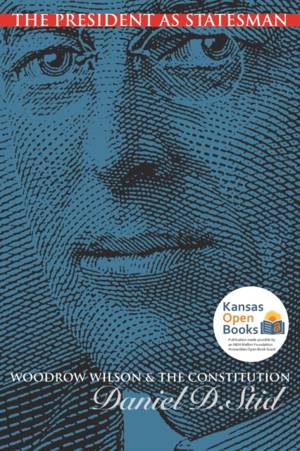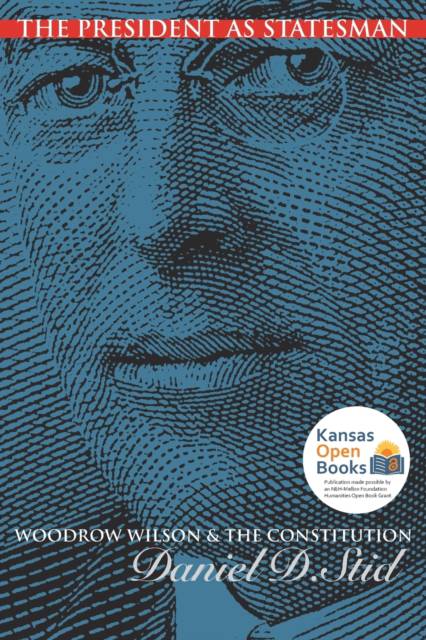
- Afhalen na 1 uur in een winkel met voorraad
- Gratis thuislevering in België vanaf € 30
- Ruim aanbod met 7 miljoen producten
- Afhalen na 1 uur in een winkel met voorraad
- Gratis thuislevering in België vanaf € 30
- Ruim aanbod met 7 miljoen producten
Zoeken
€ 42,45
+ 84 punten
Uitvoering
Omschrijving
A political scientist who went on to become president, Woodrow Wilson envisioned a "responsible government" in which a strong leader and principled party would integrate the separate executive and legislative powers. His ideal, however, was constantly challenged by political reality. Daniel Stid explores the evolution of Wilson's views on this form of government and his endeavors as a statesman to establish it in the United States. The author looks over Professor and then President Wilson's shoulder as he grappled with the constitutional separation of powers, demonstrating the importance of this effort for American political thought and history. Although Wilson is generally viewed as an unstinting and effective opponent of the separation of powers, the author reveals an ambivalent statesman who accommodated the Founders' logic. This book challenges both the traditional and revisionist views of Woodrow Wilson by documenting the moderation of his statesmanship and the resilience of the separation of powers. In doing so, it sheds new light on American political development from Wilson's day to our own. Throughout the twentieth century, political scientists and public officials have called for constitutional changes and political reforms that were originally proposed by Wilson. By reexamining the dilemmas presented by Wilson's program, Stid invites a reconsideration of both the expectations we place on the presidency and the possibilities of leadership in the Founders' system. The President as Statesman contributes significantly to ongoing debates over Wilson's legacy and raises important questions about the nature of presidential leadership at a time when this issue is at the forefront of public consciousness.
Specificaties
Betrokkenen
- Auteur(s):
- Uitgeverij:
Inhoud
- Aantal bladzijden:
- 244
- Taal:
- Engels
- Reeks:
Eigenschappen
- Productcode (EAN):
- 9780700631728
- Verschijningsdatum:
- 8/10/2021
- Uitvoering:
- Paperback
- Formaat:
- Trade paperback (VS)
- Afmetingen:
- 152 mm x 229 mm
- Gewicht:
- 340 g

Alleen bij Standaard Boekhandel
+ 84 punten op je klantenkaart van Standaard Boekhandel
Beoordelingen
We publiceren alleen reviews die voldoen aan de voorwaarden voor reviews. Bekijk onze voorwaarden voor reviews.











